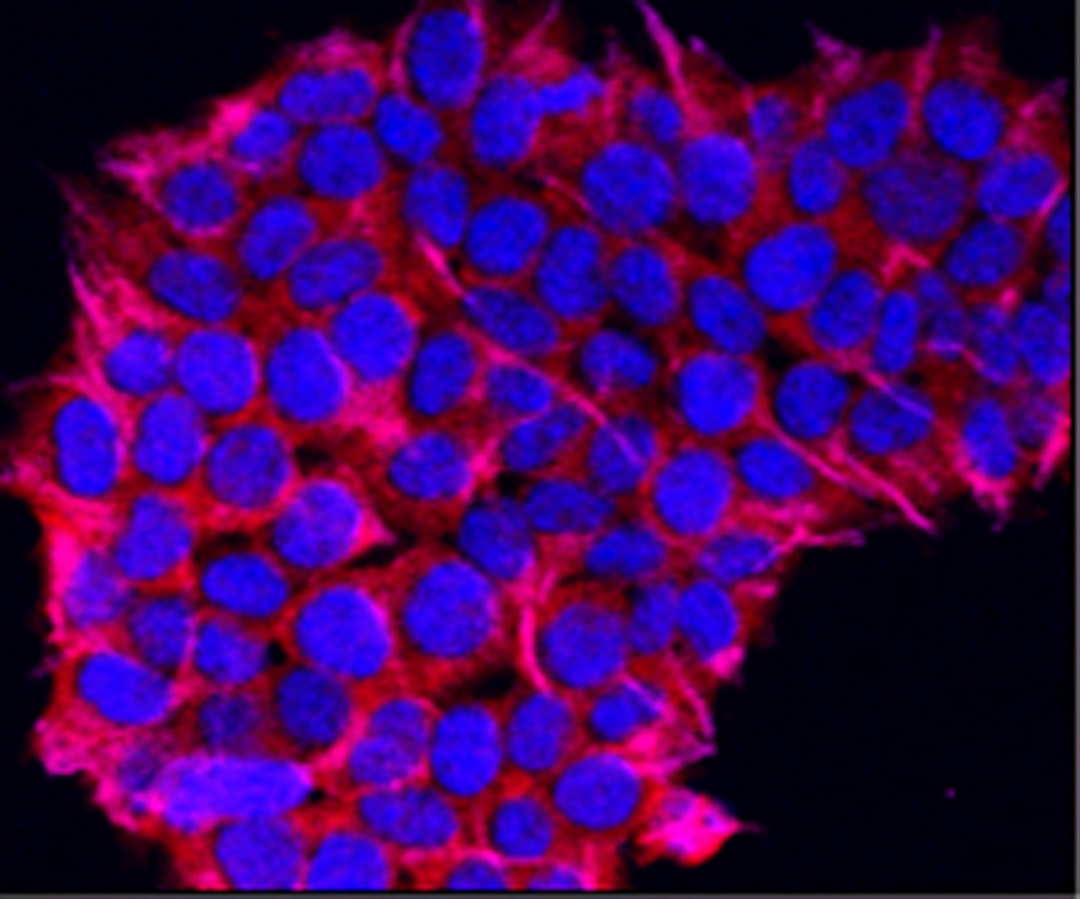What is it about?
Children are sometimes required to provide important testimony about events such as child abuse or family and school conflict and it is important to understand if adults trust children’s reports. In this study, we explored adults' honesty impressions of children at both an implicit (more automatic) level and an explicit (reflective, self-report) level.
Featured Image

Photo by saeed karimi on Unsplash
Why is it important?
Our findings show that men and women hold different views of children's honesty at the implicit (more automatic) level. Women are implicitly biased to associate children with honesty while men are not. Given that most research has explored perceptions of honesty at the explicit (reflective, self-report) level, these results demonstrate that there may be more to understand "under the surface" of our self-reported honesty impressions.
Perspectives
This was a fun and engaging collaborative project across developmental, neuroscience, and social psychology researchers.
Alison O'Connor
Mount Allison University
Read the Original
This page is a summary of: Younger and older women, but not men, are implicitly biased to associate honesty with children., Journal of Applied Research in Memory and Cognition, March 2024, American Psychological Association (APA),
DOI: 10.1037/mac0000172.
You can read the full text:
Contributors
The following have contributed to this page










